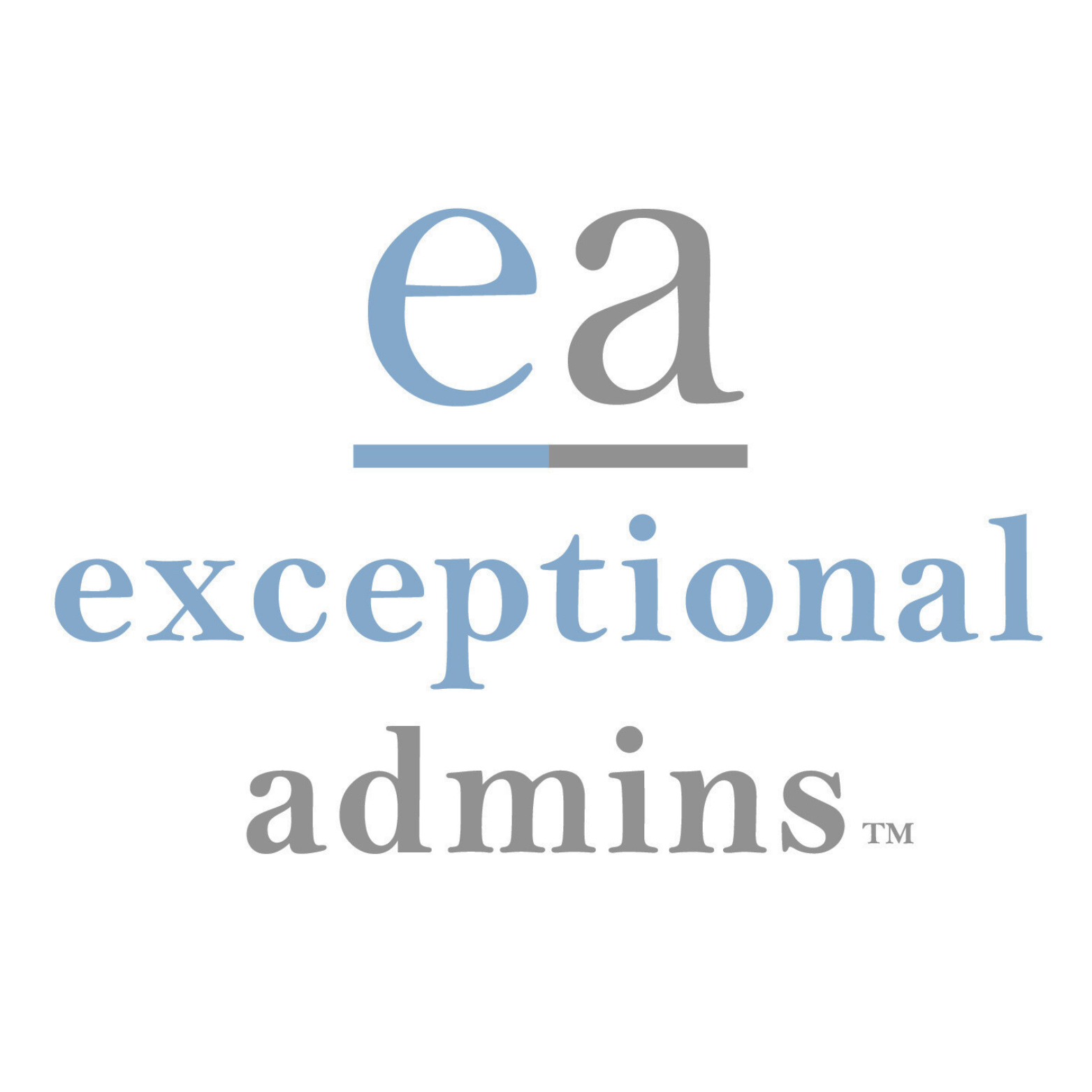Overcoming Setbacks: A Guide to Career Advancement
“Rejection is Redirection.” - Hilani
Encountering setbacks in your career journey is inevitable. Rather than being disheartened by challenges like missed promotions or unexpected job changes, consider that setbacks may harbor a silver lining. Studies suggest that setbacks can propel your career forward, leading to increased success. To harness these benefits, I’d like you to focus on three essential practices outlined in this article. Don't let setbacks deter you; instead, shift your perspective and embrace the potential for positive outcomes in your professional growth.
Case Study
Research indicates that, despite causing short-term disruptions, setbacks have the potential to invigorate careers in unforeseen ways. In a recent study by Gloria Kutcher and Wolfgang Mayrhofer, they interviewed 42 people who were in junior positions in industries from sales and manufacturing to design and hospitality, intending to compare people who had suffered setbacks with similar people who had not. When they spoke to their interviewees about their career choices and the opportunities they thought were available to them, they soon found that people who had experienced setbacks, despite initially feeling they had fallen off track, had had a positive shift in perspective. The jolt of a setback had pushed them to reconsider and reframe their careers and take smart, small risks in ways that were more authentic to themselves - and that helped them be more successful. In comparison, individuals without career setbacks had predominantly pursued conventional paths driven by “safe, comfortable” choices, finding bigger career opportunities unattractive or invisible to them, ultimately limiting their professional growth.
If you are experiencing a setback, following these 3 practices will assist you with your growth:
Navigate Career Success: Aligning Goals with Desires for Strategic Professional Advancement
First and foremost, acknowledge that the choices guiding your current path were possibly made by a version of yourself that was less experienced. Take a moment to step back and reflect:
Do these goals still align with my enhanced skills, knowledge, and understanding of what career success looks like to me?
How can I modify them to better represent what holds significance to me now?
Next, think about what you require to reach your adjusted goals. This will guide you in identifying what to seek in your future role and will save you a lot of time and resources.
Finally, consider developing a concrete action plan to implement the modifications and requirements identified during your reflection process. Outline specific steps, milestones, and timelines to guide your journey toward the adjusted goals. A suggested way of doing this would be to download the FREE guided career development workbook. Join 90 other professionals who have done self-evaluating with this workbook. Dive into thought-provoking questions like, ‘What does a successful life look like?’, to laser-focus your ambitions and desires.
Unlock Career Potential: Embrace Unconventional Evolution
Oftentimes, people tend to limit their perspective on achieving career success, thinking it mostly involves climbing up the organizational ladder. However, once you release the self-imposed constraints, new opportunities and pathways can unfold before you.
Take a moment to reflect on the aspects of your work that bring you the most joy and the various ways your skill set could provide value. Engaging in conversations with both those within and beyond your industry can uncover creative opportunities. This may include transitioning between different functions, exploring roles as a manager, and possibly even creating entirely new positions.
Embracing unconventional opportunities can be scary at times, but if you feel like you need a positive push, check out the article, [Taking Smart Risks in Your Career]. Included in the article is a Chance Quotient Assessment to find out if you’ve got what it takes to be a fearless risk-taker. You’ll get instant results upon completion which will help you evaluate where you are and what the next steps should be.
Optimize Your Life: Building Growth-Focused Habits for Personal and Career Success
Those who have faced setbacks will tend to keep reevaluating their goals and career choices, even long after they've overcome their challenges. What sets them apart is their keen focus on learning, propelling their careers forward, and giving them an edge over those who haven't encountered adversity.
Once you've regained your momentum, keep exploring ways to push yourself. For example, when someone misses out on a desired role, they might inquire within the organization to understand why. However, those who embody a growth mindset, like yourself, will take it a step further—engaging in ongoing discussions on how to enhance preparation for the next opportunity.
Keep in mind, that sharing these three strategies can make a difference for your colleagues and team members who've faced disappointments. By guiding their focus toward future possibilities, you can uplift them to regain a sense of control and agency and ultimately, foster a forward-looking mindset. It’s an encouraging trait that helps your personal brand.
To conclude, when setbacks hit your career, avoid dwelling on the losses or playing it too safe. Instead, actively seek fresh opportunities and learn to take smart, small risks. Take a moment to reflect and consciously reassess your career course. Explore roles that go beyond the conventional path in your field, and cultivate a growth mindset while striving for new, ambitious goals.
Launch Pad:
Examine if your career objectives align with your present desires and grab the career development workbook.
Take the next step and read the Taking Smart Risks in Your Career article along with the Chance Quotient Assessment.
Cultivate habits that embody a mindset of continual growth. For inspiration, listen to #eaPodcast, {Building Better Life Habits, E:046}.

